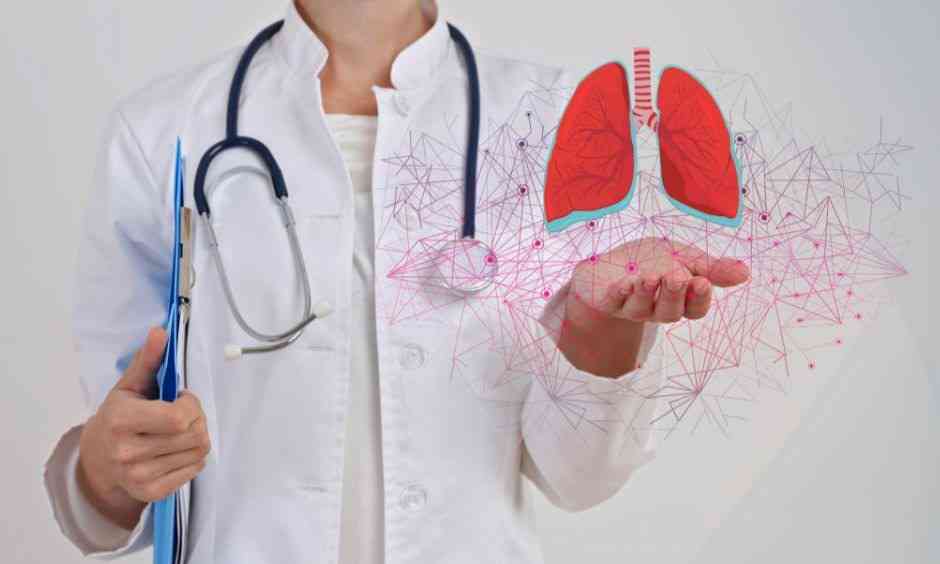Breast cancer is a prevalent health concern that affects women worldwide. Being informed about this disease can play a crucial role in its prevention, early detection, and successful treatment. Here are some essential points that every woman should know about breast cancer:
Understand the Risk Factors:
Knowing the risk factors associated with breast cancer is essential in identifying individuals who may have a higher chance of developing the disease. While some risk factors, such as age and genetics, cannot be changed, awareness of these factors can help women make informed lifestyle choices to lower their risk Dr Scott Kamelle.
Key risk factors include:
Age: The risk of breast cancer increases with age, with most cases diagnosed in women over 50.
Genetics: Family history of breast cancer, especially with BRCA1 and BRCA2 gene mutations, can elevate the risk.
Ethnicity: Certain ethnic groups, such as Ashkenazi Jewish women, have a higher risk due to specific genetic factors.
Prevention is Key:
Regular screenings and early detection are crucial in preventing breast cancer from progressing to advanced stages. Women should prioritize getting regular mammograms, starting at the age of 40 or as recommended by their healthcare provider based on individual risk factors. Knowing your family history can also guide screening decisions and ensure appropriate preventive measures are taken.
Lifestyle Choices Matter:
Leading a healthy lifestyle can contribute to breast cancer prevention. Engaging in regular physical activity, maintaining a balanced diet rich in fruits and vegetables, avoiding excessive alcohol consumption, and refraining from smoking are lifestyle choices that can positively impact overall health, including breast cancer risk.
Know the Symptoms:
Awareness of breast cancer symptoms is vital for early detection. Being familiar with the signs of breast cancer can prompt women to seek medical attention promptly if any changes are noticed. Common symptoms include:
New lump or mass in the breast or armpit.
Changes in breast size or shape.
Skin thickening on the breast or nipple.
Nipple discharge, especially if it is bloody.
Self-Examinations and Clinical Breast Exams:
Performing regular self-examinations of the breasts can help women become familiar with their breast tissue and detect any changes. However, it’s essential to note that self-examinations are not a substitute for regular clinical breast exams and mammograms. Healthcare professionals can conduct more thorough examinations and recommend appropriate screening schedules based on individual risk factors.
Seek Genetic Counseling:
If there is a family history of breast cancer or other risk factors, women may consider seeking genetic counseling. Genetic counselors can assess individual risk based on family history and recommend genetic testing if necessary. This information can help determine personalized screening and prevention strategies.
In conclusion, understanding breast cancer risk factors, preventive measures, symptoms, and the importance of screenings can empower women to take charge of their breast health. By staying informed and proactive, women can increase the likelihood of early detection, improving treatment outcomes and ultimately reducing the impact of breast cancer on their lives. Regular communication with healthcare professionals is essential to create personalized breast health plans based on individual risk profiles Click here Dr Scott Kamelle.



